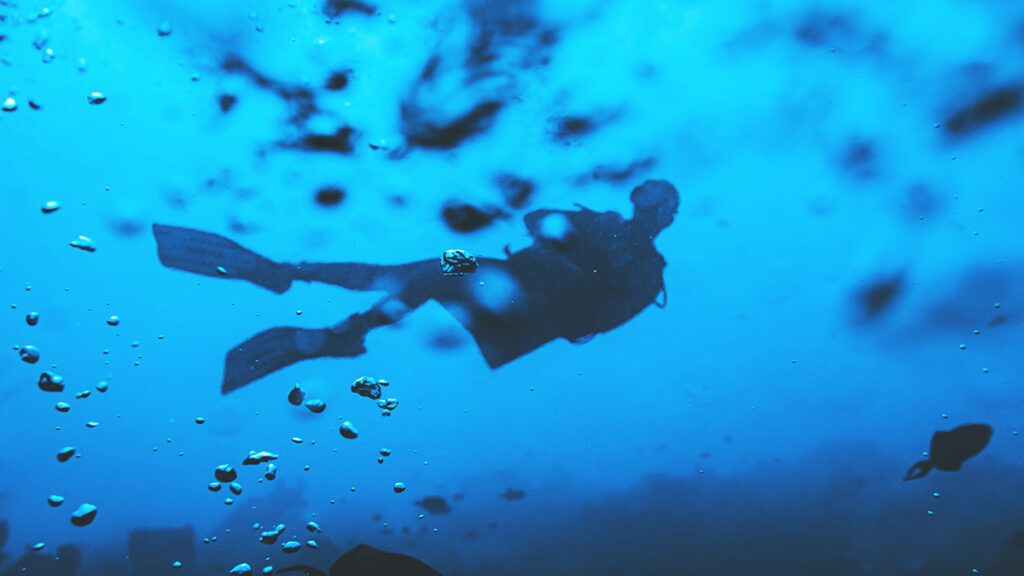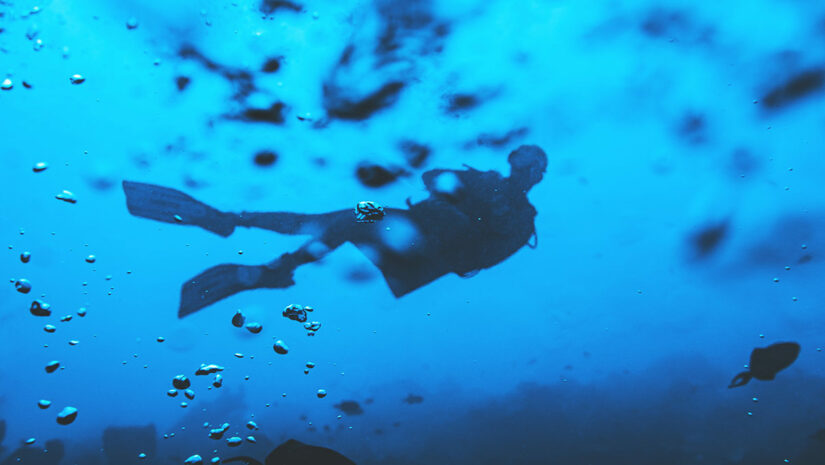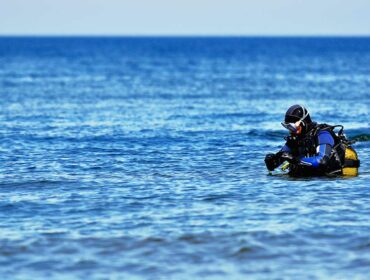Up until a few years back diabetes was one of the illnesses listed keeping potential divers from donning wetsuits and taking a plunge into the deep blue. Recently however, studies are showing that diabetes doesn’t necessarily mean ‘No’ Scuba diving and more and more cases of people with the condition diving are coming up. Of the total population in the United States as of 2007- 7.8% or 23.6 million people have diabetes. However with a proper medical examination, knowledge of possible implications and with due caution people with diabetes can indeed take up Scuba diving which with open the doors to a whole new world underwater.
Determining the Type of Diabetes
Diabetes has two classifications: Type I, which requires insulin injections to control blood sugar levels and Type II, which doesn’t require the injections is often a case of obesity. Type II diabetes can be successfully managed with weight control, proper diet, exercise and, if necessary, medications other than insulin.
Diabetic patients run the risk of suffering excessively high blood sugar which is called hyperglycemia, or very low blood sugar, called hypoglycemia. The fact that if a diver suffers a hypoglycemic attack when under water, the symptoms such as confusion, sweating, rapid heartbeat and unconsciousness could easily result in death. This is the main reason as to why diving with diabetes is risky.
There isn’t much information available regarding specific medications and diving, but generally, dive medicine professionals haven’t found any scientific data to suggest these medications cause any problems under pressure. But it’s best to find out about any side effects the medicines may have that may affect the persons functioning.

Diving with Diabetes
If a diabetic person’s fitness is monitored and they are very rarely hypoglycemic, with the following assessment and extra caution they maybe cleared to dive safely.
For one, it must be established by a doctor familiar with diving that the person’s blood sugar levels are stable after doing moderate exercise like jogging and swimming which he/she is likely to exert when Scuba diving and carrying Scuba gear and equipment. Assuming with the physical activities test no hypoglycemia occurred, the person can start diving in a controlled environment and closely monitored before moving to calm open-waters.
What To Do When Diving with Diabetes:
- Inform your dive buddy as well as dive leader about your condition in case of an emergency.
- Monitor your blood glucose levels throughout the day of a dive. This should be check right up until the dive and if the blood sugar levels are even slightly lower or higher than normal, avoid the dive.
- Carry and keep handy any medicine or insulin injections on the dive boat.
- Keep hydrated by drinking lots of water before and after the dive.
- Keep foods like candy bars, oral glucose drinks etc. on the dive boat.
- Log all blood glucose level results and necessary information in your dive log book.
What Not To Do When Diving with Diabetes:
- Never dive in buddy pairs with two diabetic divers. One member should not suffer from diabetes.
- Avoid deep dives greater than 100ft (30m). On deep dives, hypoglycemia can be potentially mistaken for nitrogen narcosis and ignored which is too big a risk too take.
- Don’t dive for long stretches at a time. It’s best to break up your diving into two dives and check your blood sugar levels in between dives, than dive for longer than 60 mins.
- Avoid cave diving and other enclosed forms of diving.
- Don’t dive if your medical treatment has been changed. This includes starting, stopping, change in medicines or simply adjusting the dosage.
Taking all things into consideration, if a person with diabetes wishes to dive then approval of his physician or the diabetic clinic which he attends should be filled out deeming the person fit to Scuba dive. At the end of the day it’s a choice and the diabetic diver should be responsible to be aware of the risks he goes through by diving with diabetes.


